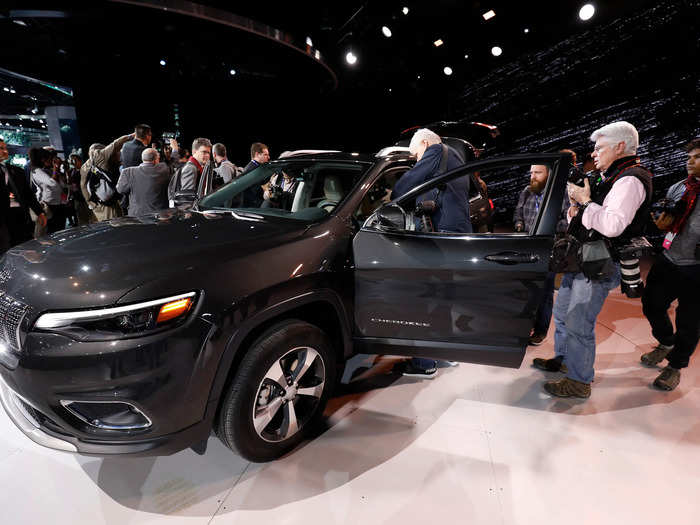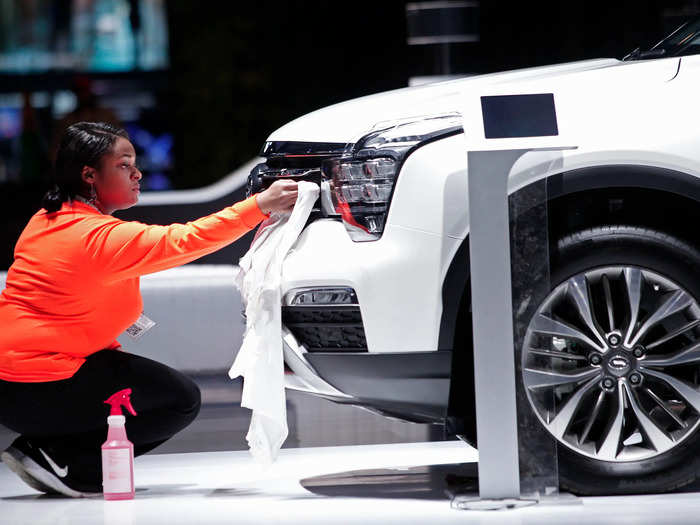'It could've been a catastrophe': The Detroit Auto Show's move from January to June might have saved it from being a viral hub for coronavirus cases in the US
The outlet spoke with Dr. Peter Gulick, who is an infectious-disease specialist at Michigan State University's College of Osteopathic Medicine, about the severity of the would-be situation.
"It could've been a catastrophe," he told The Free Press. "It was an environment for disaster. Detroit could've been the epicenter of COVID-19 for the whole country.
"There would've been people from all over the world packed in together before the gravity of the disease was understood. It would've caught us even more unprepared because no research or testing had taken place yet."
"Ideal transmission conditions" on the show floor
The show's media and industry days in particular, which occur before public days, would have been "ideal transmission conditions," Linda Lee, chief medical affairs and scientific officer for UV Angel, a Michigan-based technology company that specializes in sterilizing air and surfaces from viruses and bacteria, told The Free Press.
The press days are where thousands of auto-industry executives, international journalists, politicians, event-space union workers, security personnel, maintenance employees, and caterers come to support the event.
'It could've been a catastrophe': The Detroit Auto Show's move from January to June might have saved it from being a viral hub for coronavirus cases in the US
At any auto-show press day, people are packed closely together for press conferences. They crowd around new, highly anticipated models and technology for a closer look. Interviews take place in small and confined spaces. Everyone typically eats together. Everyone touches the cars on display. There's a lot of hand shaking.
Given our current public understanding of COVID-19, back in January, the whole event would have been a virus-transmission cesspool.
Show organizers announced in July 2018 that the 2020 Detroit show would take place in June rather than January, The Detroit News reported at the time. It was part of a bigger overhaul to keep the show relevant amid auto shows' struggles, and the logic was that the warmer weather would be more favorable over the icy January temperatures, which limit "outdoor exhibits and demonstrations."
'It could've been a catastrophe': The Detroit Auto Show's move from January to June might have saved it from being a viral hub for coronavirus cases in the US
Now, it seems date change was especially fortuitous.
Following word at the end of February that the 2020 Geneva Motor Show would be canceled, we learned the 2020 Detroit event would also be canceled. TCF Center is being used as a makeshift hospital for at least the next six months, and as of Tuesday, Michigan has had 845 deaths from COVID-19 and 18,970 confirmed cases.
The counts could've been a lot higher, in Michigan and elsewhere, had Detroit not changed its plans two years ago.




